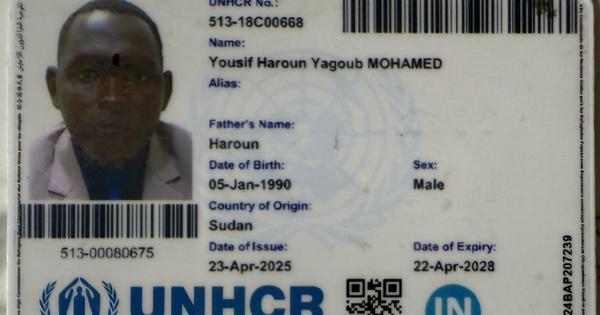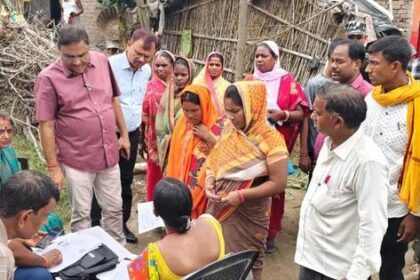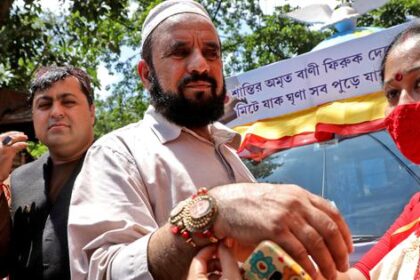Concerns grow over the treatment of African refugees and the need for a protective legal framework.
The issue of refugees in India has gained attention recently, particularly as it intersects with political events such as the violence in Manipur. The plight of refugees has often been relegated to human interest stories within the Indian media, but recent incidents have thrust it into the spotlight. A particularly alarming event involved the Rohingya refugees, who were taken by authorities and reportedly thrown into the sea, highlighting the severity of the situation.
The recent arrests of African refugees in Malviya Nagar, Delhi, have raised further concerns. Over the past week, police in plain clothes have detained individuals from Sudan, Yemen, and Somalia, sending them to the Lampur Seva Sadan detention facility in Haryana. Reports indicate that while men are being arrested, women and children are often left vulnerable, exacerbating their precarious situation. Yousif Haroun, a Sudanese refugee with a UNHCR identity card, has expressed his desperation in communications with the UN agency, which has advised him to avoid drawing attention to himself.
Haroun’s experience reflects a broader pattern of mistreatment faced by refugees. He has been forced to stay in various hospitals to evade police, while his family remains at home, traumatized by the raids. One Yemeni refugee recounted a disturbing encounter with the police, during which he was beaten and told he was in India illegally, despite his UNHCR documentation. These incidents illustrate a troubling trend where the police do not recognize the legitimacy of international refugee protections.
Many African refugees report experiencing racial discrimination in their daily lives. A Somali woman described being charged higher prices for vegetables and facing challenges in securing housing. Previously, some refugees had managed to obtain false Aadhaar cards, enabling them to access essential services, but the new Immigration and Foreigners Act, 2025, has made this increasingly difficult. Under this law, hospitals and schools are required to report foreigners lacking valid visas, further complicating the situation for refugees.
Some refugees had previously received sponsorships to the US, but these hopes were dashed when refugee sponsorship programs were halted. Haroun, who has applied for a humanitarian visa to Australia, fears for his family’s future should he be arrested. His calm demeanor amidst such distressing circumstances is noteworthy, as he emphasizes that despite their challenges, they do not harbor hatred towards India, a country they once regarded as a haven.
Historically, India has built its reputation on principles of non-alignment and international solidarity, which seems to be at odds with the current treatment of refugees. The National Human Rights Commission has been tasked with drafting a law to protect refugees but has yet to fulfill this responsibility. Meanwhile, the UNHCR has not provided adequate support, leaving refugees without essential resources.
As these individuals face escalating threats and hostility, the lack of a comprehensive legal framework for refugee protection is alarming. A more humane approach would allow refugees to access education and health services, thereby enabling them to contribute positively to Indian society. The ongoing arrests and deportations risk fostering resentment, which could have implications for India’s international standing and its diaspora’s experiences abroad.








